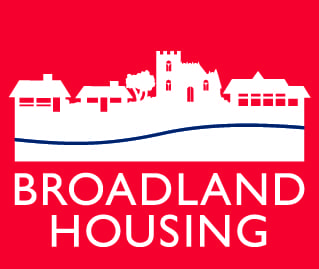We will offer the type of tenancy that is most appropriate for the purpose and efficient use of our homes.
Our Tenancy Policy provides more information about what type of tenancy we will use and in what circumstance.
Your tenancy agreement
A tenancy agreement is the contract between residents and Broadland. It tells you what Broadland expect from you whilst you rent a home from us and it gives you information about what Broadland is responsible for as your landlord.
As the agreement is a legal document it contains a lot of legal wording and is not written in plain English as much as we would like. This page provides a link to the different sections of your tenancy agreement and we have tried to make it clearer to read and understand. This includes breaking it down into the different sections and using bullet points for ease of reading.
This document is based on the current Assured Tenancy Agreement, if you have another type of Tenancy Agreement or an older agreement, you may find some of the information is different and you should always rely on the original copy of your agreement if you have any queries about your tenancy and the legal requirements within it.
If you have any questions about your tenancy agreement, please contact your Neighbourhood Officer who will be able to answer them for you.
Assured Shorthold Tenancy Agreements
Assured Shorthold Tenancies are an agreement which gives the resident the right to occupy the property for a period of time provided they keep to the terms of the agreement.
Types of housing where we will issue this type of tenancy include:
- Supported Housing
- Intermediate Rent
- Gypsy & Traveller sites
- Move on Accommodation
We know that Assured Shorthold Tenancies are less secure than Assured Tenancies. Broadland will not end any Shorthold Tenancy due to a “no fault eviction.” We will only end a tenancy using a Section 21 Notice where it is reasonable to do so, for example serious Anti-Social Behaviour or failing to engage with a support provider. Any resident who is issued with a Section 21 Notice is advised to seek legal advice and can appeal it and the appeal will be heard by a stage 2 complaints panel which comprises an Executive Director and 1-2 Board members.

